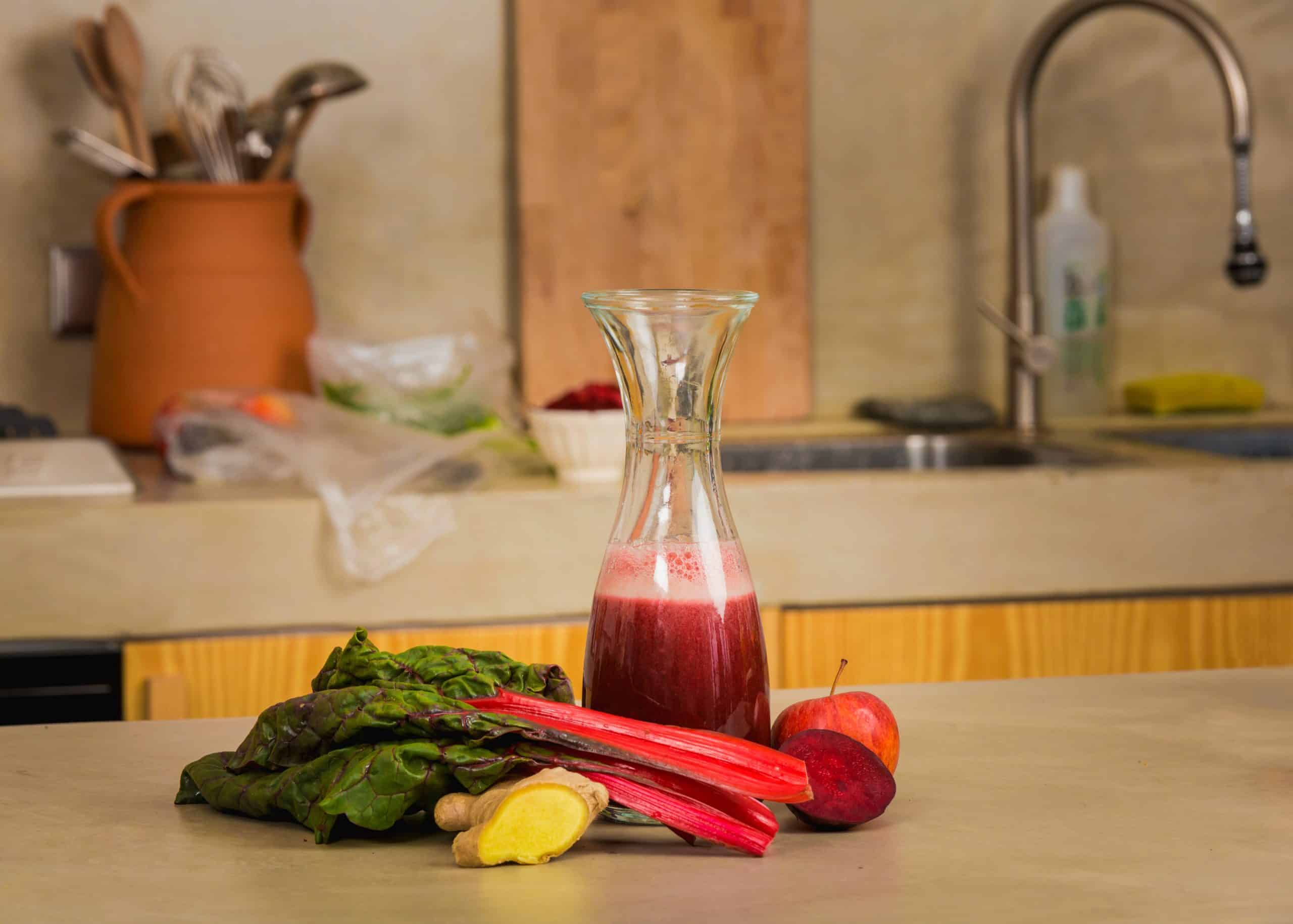Can Adopting a Raw Food Diet Improve Digestive Health in Individuals with IBS?

In this day and age, many individuals are seeking alternative dietary approaches to manage their health conditions. One such condition is irritable bowel syndrome (IBS), a common disorder that affects the large intestine. Symptoms of IBS can be quite disruptive and include cramping, abdominal pain, bloating, gas, and diarrhea or constipation, or both. One dietary approach that has been gaining attention is the raw food diet. This article will explore whether the adoption of a raw food diet can enhance digestive health in individuals with IBS.
Understanding IBS and its Link to Diet
Before we delve into the potential benefits of a raw food diet for individuals with IBS, it’s crucial to understand the relationship between diet and IBS symptoms.
A lire également : How Does Urban Noise Pollution Affect the Sleep Patterns of Residents?
IBS is a complex condition that affects the digestive system, primarily the bowel. Its cause is not fully understood; however, it’s known to be influenced by a range of factors including gut health, stress, and diet. IBS patients often report that certain foods trigger their symptoms, which points to the role of diet in managing this chronic condition.
Dietary triggers can differ from person to person. Some common culprits include high-FODMAP (Fermentable Oligosaccharides, Disaccharides, Monosaccharides, and Polyols) foods, lactose, and gluten. FODMAPs are a group of carbohydrates that are poorly absorbed in the small intestine and can cause symptoms in individuals with IBS. Similarly, lactose and gluten are also known triggers for some IBS patients.
A découvrir également : What Is the Effectiveness of Animal-Assisted Therapy in Pediatric Oncology Wards?
The Raw Food Diet: What is it?
As we explore the potential of the raw food diet for IBS sufferers, let’s first clarify what this diet entails.
The raw food diet, as the name implies, involves consuming mainly unprocessed, whole, and raw or live foods. The idea is that cooking destroys some of the natural enzymes and nutrients in food, and thus consuming foods in their raw state preserves these essential elements. Raw foodists believe that this way of eating can promote better health, including improved digestive health.
Typically, a raw food diet consists of fruits, vegetables, nuts, seeds, sprouted grains, and fermented foods. It is naturally low in foods that are high in FODMAPs, lactose, and gluten, which are commonly implicated in IBS symptomatology.
Potential Benefits of a Raw Food Diet for IBS
Given that the raw food diet excludes many of the common dietary triggers of IBS, it might be a promising approach for individuals with this condition. Here’s how it could help:
Increased Fiber Intake: A raw food diet is typically high in dietary fiber, which can have a positive effect on gut health. Fiber aids in bowel movements, potentially easing symptoms like constipation which are common in IBS patients.
Rich in Natural Enzymes: Raw foods are packed with natural enzymes that are often lost during the cooking process. These enzymes can aid in digestion, potentially helping to alleviate some IBS symptoms.
Lower in FODMAPs, Lactose, and Gluten: The raw food diet tends to be naturally low in these substances which are known triggers for many individuals with IBS. By avoiding these triggers, sufferers may experience a reduction in symptoms.
Considerations and Caveats
While the raw food diet may seem appealing for those with IBS looking to manage their symptoms, it is important to consider some potential drawbacks and precautions.
Firstly, while a raw food diet can be high in fiber, it may be too much for some individuals with IBS, leading to increased gas and bloating. Therefore, it’s crucial to gradually increase fiber intake and monitor symptoms closely.
Secondly, raw foods can carry a risk of foodborne illnesses due to the absence of heat treatment which eliminates harmful bacteria. Therefore, proper food safety practices are a must.
Finally, a strict raw food diet can also be nutritionally unbalanced and may lack certain nutrients, such as vitamin B12, iron, and omega-3 fatty acids. Thus, consultation with a healthcare professional is crucial before making any drastic dietary changes.
Final Thoughts
While adopting a raw food diet might offer some improvements to digestive health for individuals with IBS, it is not a guaranteed solution for everyone. The key to managing IBS through diet lies in understanding one’s personal triggers and maintaining a balanced, nutritious diet. It’s always recommended to work alongside a healthcare professional or dietitian to determine the best dietary approach for your individual needs. Remember, there is no ‘one size fits all’ solution when it comes to diet and health, and what works for one person may not work for another. Always listen to your body and make the dietary choices that best support your health and wellbeing.
A Closer Look at a Low-FODMAP Diet for IBS Management
In the quest to manage IBS symptoms, dietary modification remains at the forefront. A low-FODMAP diet is often recommended for individuals with IBS, and this ties in closely with the principles of a raw food diet.
FODMAPs, as mentioned earlier, are groups of carbohydrates that can be poorly absorbed in the small intestine, leading to IBS symptoms. A low-FODMAP diet involves limiting the intake of high-FODMAP foods, including certain fruits, vegetables, dairy products, and grains. The low-FODMAP diet has been scientifically validated to reduce IBS symptoms in a significant number of patients.
At first glance, it may seem as though a raw food diet and a low-FODMAP diet are incompatible, particularly considering that many fruits and vegetables – staples in a raw food diet – are considered high in FODMAPs. However, many others are low in FODMAPs. The key lies in choosing the right fruits, vegetables, nuts, and seeds that are low in FODMAPs for your raw food diet.
Keep in mind that a plant-based diet, such as a raw food diet, does not equate to a vegan diet. A vegan diet implies the exclusion of all animal products, while a raw food diet, though heavily reliant on plant-based foods, can include raw dairy products and even raw fish or meat. However, the focus should be on foods that foster gut health and minimize IBS symptoms.
Conclusions: Is a Raw Food Diet the Answer to IBS?
Managing IBS is not a straightforward journey and may involve trial and error to find what works best for each individual. The raw food diet, with its focus on unprocessed, high fiber, low FODMAP foods, could be a step in the right direction for some people.
However, it’s paramount to bear in mind that while a raw food diet may alleviate some IBS symptoms, it may also introduce new challenges such as potential nutrient deficiencies and increased risk of foodborne illnesses. Therefore, a balanced approach that includes both cooked and raw foods, tailored to individual needs and tolerances, may be the best course of action.
Also, one cannot overlook the role of lifestyle factors such as stress management and regular physical exercise in managing IBS symptoms. Dietary changes should be part of a comprehensive lifestyle modification strategy, not an isolated solution.
In conclusion, while a raw food diet might be beneficial for some individuals with IBS, it’s not a universal remedy. What’s important is to identify and avoid personal triggers, maintain a balanced diet, and follow a lifestyle conducive to good digestive health. Professional guidance from a healthcare provider or dietitian should be sought when making substantial dietary changes.
The journey to managing IBS is personal and unique to each individual. It’s about finding what works for you, and this may or may not include a raw food diet. Most importantly, it’s about listening to your body, understanding its needs, and making conscious, health-focused decisions.
